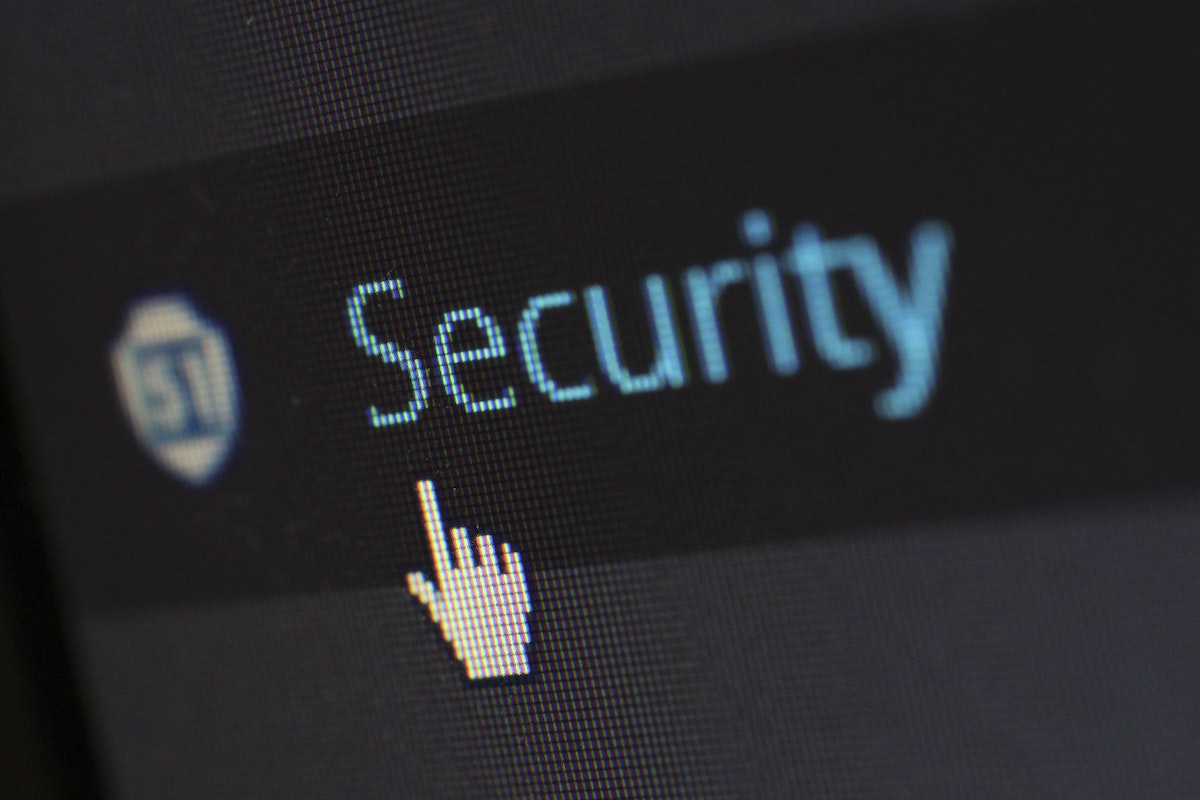Cybersecurity 101: Best Practices to Deter Hackers
There’s never been a more important time to be concerned about cybersecurity. As the world becomes increasingly interconnected, the risk of compromised personal and professional data only grows. These days, no one is immune to cyberattacks — even rock stars like Mark Zuckerberg, who was famously hacked.
Quick Links
To deter hackers, you must put in place certain best practices designed not just to protect against viruses and spyware but also against theft of trade secrets and other confidential information. Discussed below are effective ways to safeguard your organization’s most important data.
1. Use Two-factor Authentication
Two-factor authentication is the most basic way to protect against hackers and identity thieves. Every time a user logs onto an account, they’re asked to enter a password along with an additional code sent via text message or phone call, which must be entered before the user can log into their account. When you factor in phone calls and SMS messages, a hacker would need to get your password and an additional code twice — that’s two chances of failure.
2. Encrypt Your Data
If you have files that contain important data, don’t save them as Excel spreadsheets or text documents. Instead, encrypt them so that no one can access the raw data. A good option is to use the Advanced Encryption Standard (AES), approved by the National Institute of Standards and Technology (NIST).
Adobe’s Acrobat PDF format also supports encryption. An encrypted PDF file is sent across a network in an encrypted state and can be opened only using a unique password or security key. Every time the file is opened, the password is verified before you can read the file.
Using data deduplication software is the best way to store your encrypted data. Dedupe stores only one copy of each file on your network, with all other files being stored elsewhere on the network as pointers. Each pointer references the stored file, which helps protect against unauthorized access.
3. Hire Cybersecurity Specialists
While the best cybersecurity practices will help protect organizations against hackers, there’s a limit to what an individual can do. Experts say it would take about 10,000 people working in unison to crack even the most complicated and advanced cyberattacks.
If your organization lacks in-house cybersecurity specialists, look into hiring professional help. This may be the smartest decision you make to protect your business. Cybersecurity services such as penetration testing, ethical hacking, or vulnerability scanning will make your organization more secure.
4. Train Your Employees
There are several ways that a hacker can gain access to your network. One way is by phishing, where an attacker sends a bogus email, making it seem as though it’s from someone you trust. The goal is to get you to give up confidential information or reveal your passwords.
They can also trick you into giving up your password via social engineering, where the attacker tricks you into revealing it. You can easily protect your network from such attacks by training your employees to be wary of such attempts.
Several cybersecurity training companies like EC-Council offer courses designed to help educate employees about how hackers operate and how they can protect your networks.
5. Create an Incident Response Plan
Sometimes hackers attack computers and networks for fun, but more often than not, these attacks are a part of an organized plan. When hackers launch a full-scale attack, they will usually leave behind signs of their presence, such as deleted files, files that have been modified, or access logs that have been tampered with.
You can quickly spot such signs and respond accordingly by creating an incident response plan. It’s also important to get your entire team on the same page concerning handling such situations.
6. Use Complex Passwords
Passwords make up the cornerstone of cybersecurity and defense against hackers. Many organizations have regulations that limit password length to eight characters or less, but there’s no denying that this is a bad practice. A password with too many characters is more likely to be guessed or discovered by hackers.
If you need to ensure that your organization’s critical data is safe from hackers, then using complex passwords will be the best way to do so. A complex password consists of a combination of letters and numbers and must not be written down anywhere.
Conclusion
Implementing an effective cybersecurity system is the best way to protect your organization’s data. With such a system, you can easily spot and deter hackers or cyber terrorists from accessing private data.
What Is WooCommerce Product Slider and Why Your Store Needs It
Why Do Product Images Matter So Much in Online Stores? When someone visits an online store the…
0 Comments9 Minutes
How to Streamline Your Customers’ Shopping Experience?
The goal for any online store is to make shopping as smooth as possible. When visitors move…
0 Comments8 Minutes
Strengthening Brand-Customer Relationships Through Gamified Loyalty Programs
Creating lasting connections with customers has become increasingly vital as the marketplace grows…
0 Comments6 Minutes
How to Use SEO and SEA Together in Search Engine Marketing
In digital marketing, search engine marketing (SEM) plays a critical role in improving online…
0 Comments10 Minutes
Content Marketing Growth Hacks: Real Shortcuts to Drive Traffic
Are you still lagging in content marketing? Sticking to these old strategies seems…
0 Comments10 Minutes
How to Build a Strong Local Following Using Social Media Marketing
In the days of likes, shares, and stories, local businesses have a golden opportunity to create…
0 Comments9 Minutes
Why WooCommerce is the Best Choice for Your Online Store?
WooCommerce stands out as a top option for anyone looking to build an online store. This platform…
0 Comments8 Minutes
How to Use AI-Powered SEO Tools for WordPress eCommerce
SEO is a critical factor in the success of any e-commerce WordPress store. As competition…
0 Comments11 Minutes








